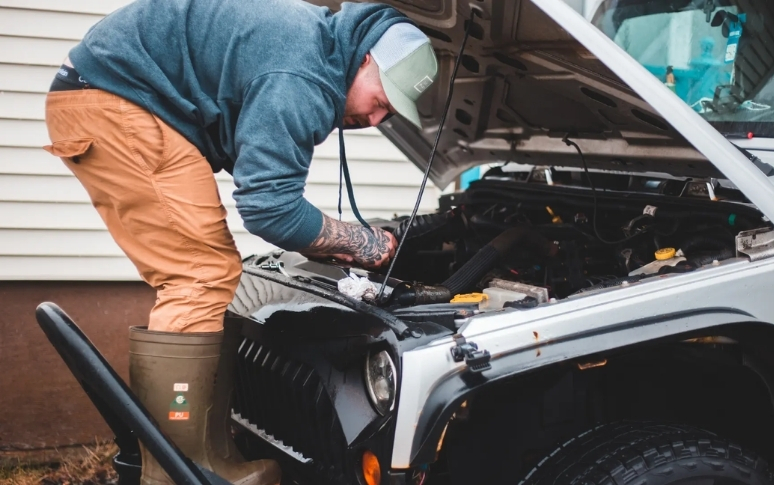8 Critical Steps To Take After A Car Accident In 2025
The time right after an automobile collision is very important for your safety and your money. You can get through this stressful time and maybe save thousands on repairs and medical bills by following these eight simple measures.
1. Move to Safety and Check for Injuries
No matter how small the accident, your safety is the most important thing right away. If you can, pull your car over to the side of the road or into a neighboring parking lot to prevent blocking traffic or causing another accident. Even if you feel good, check yourself and your passengers for injuries. Adrenaline can hide pain, and some injuries don't show up right away. If someone is harmed badly, attempt to keep them still until aid comes.
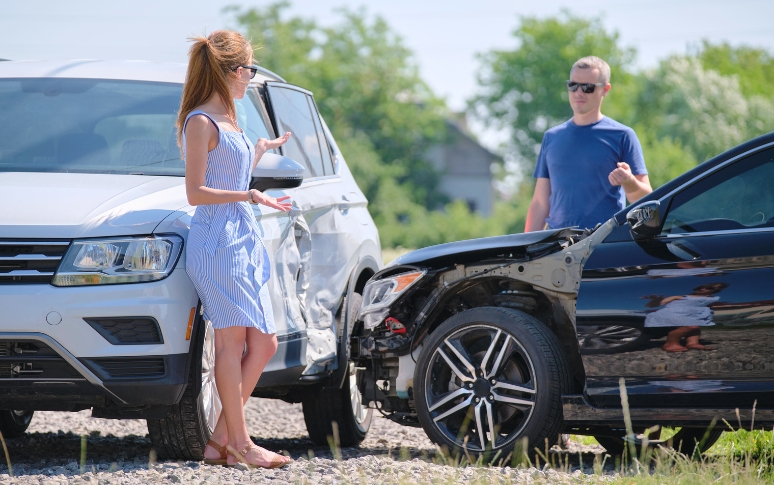
2. Call 911 and Report the Accident
Even if it's just a small fender-bender, you need to call the police after an accident. The officer who comes will write an official accident report that is an unbiased description of what happened. This is very important for insurance claims and any legal action.
Make sure to acquire the officer's name, badge number, and information on how to receive a copy of the report, which usually comes out in 3 to 5 business days.
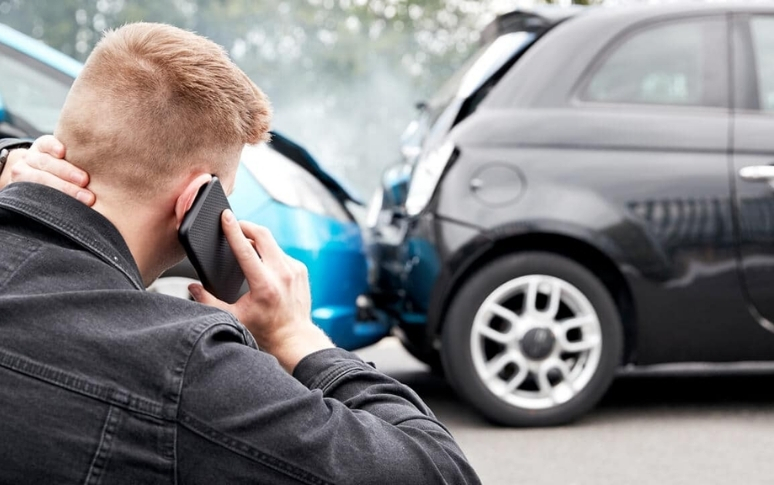
3. Exchange Information with Other Drivers
If you get all the facts you need at the scene of the accident, it can save you a lot of trouble later. Give all the drivers involved your names, phone numbers, addresses, driver's license numbers, license plate numbers, and insurance information.
If you can, take pictures of their driver's licenses and insurance cards. Be thorough, but don't talk about mistakes or make statements. Only share facts, because whatever you say could be used against you during the claims process.

4. Document Everything at the Scene
Your smartphone is the best way to keep evidence after an accident. Take a lot of pictures of all the cars involved from all perspectives, showing both the damage and the overall condition of each automobile.
Also, write down any skid marks, debris, or environmental elements that may have played a role in the crash. Also, get the contact information of any witnesses, as their comments could be very useful if there is a disagreement over what transpired.
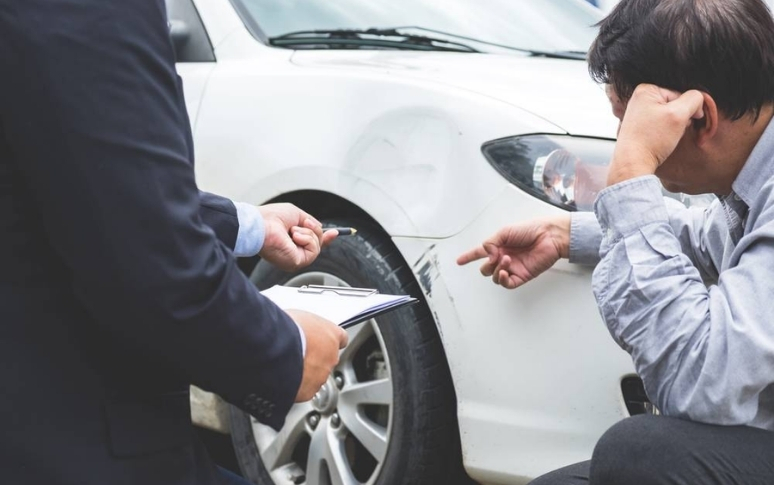
5. Seek Medical Attention
Injuries that are quite bad don't often show up right away after an accident. Whiplash, concussions, and injuries inside the body might take a while to show up and get worse over time. After any mishap, doctors strongly suggest that you get checked out.
This medical paperwork makes an official record that links any injuries to the accident. This is very important for insurance claims and possible reimbursement. Insurance companies can say that your injuries weren't serious or weren't caused by the accident if you don't get medical help right away.
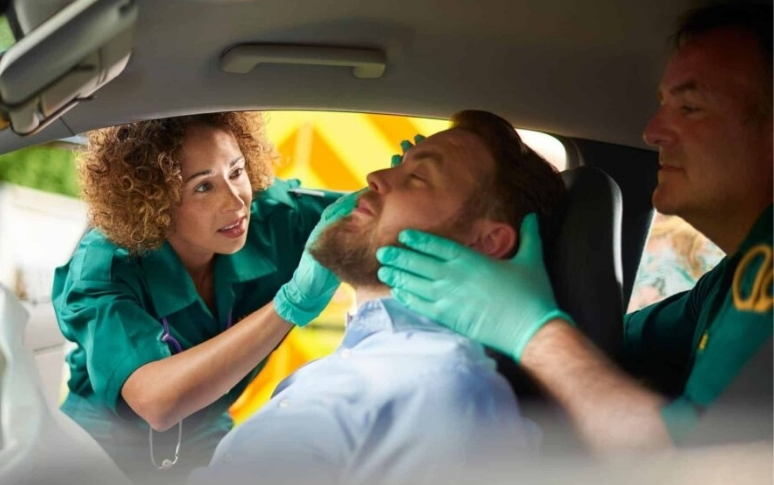
6. Notify Your Insurance Company Promptly
As soon as you can after an accident, call your insurance company. Within 24 hours is best. Give the basic information about what happened, but don't guess who was to blame until you've had time to think about it.
If you can't drive your car, ask insurance agent about coverage for a rental car. Also, make sure you know what your policy covers when it comes to towing, storage costs, and medical bills. Keep in mind that you don't have to register a claim just because you got this first report.

7. Consider Whether to File an Insurance Claim
You should think carefully about a number of things before deciding to file an insurance claim. Even if the damage is only a little more than your deductible, think about how filing a claim could raise your premiums by 20–40% for the next three years.
But if there is a lot of damage or injuries, submitting a claim is usually the best thing to do. If the collision wasn't your fault, your insurance company can get money from the other driver's insurance company through a procedure called subrogation.
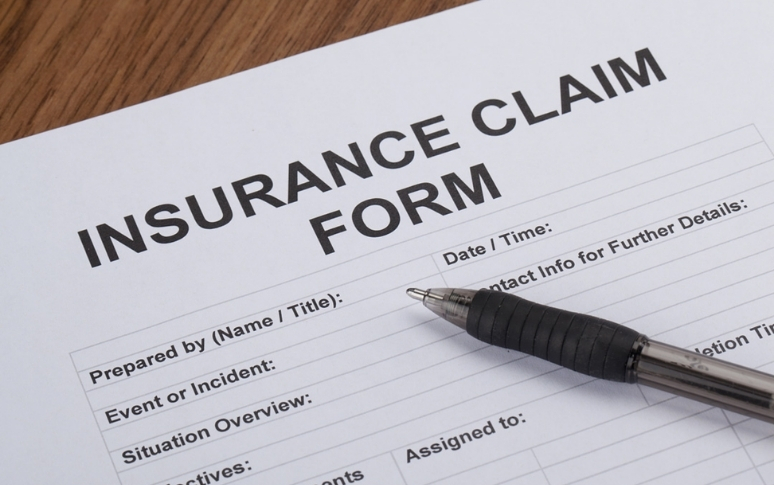
8. Understand Diminished Value Claims
Your car may lose a lot of value on the market even after it has been fixed perfectly since it was in an accident. "Diminished value" is the term for this drop in value. If the collision wasn't your fault, the insurance company of the driver who was at fault may have to pay you for the lower value.
These claims usually work best for cars that are less than five years old and have little mileage. Think about employing an impartial assessor to write down the values before the accident and after the repairs.
